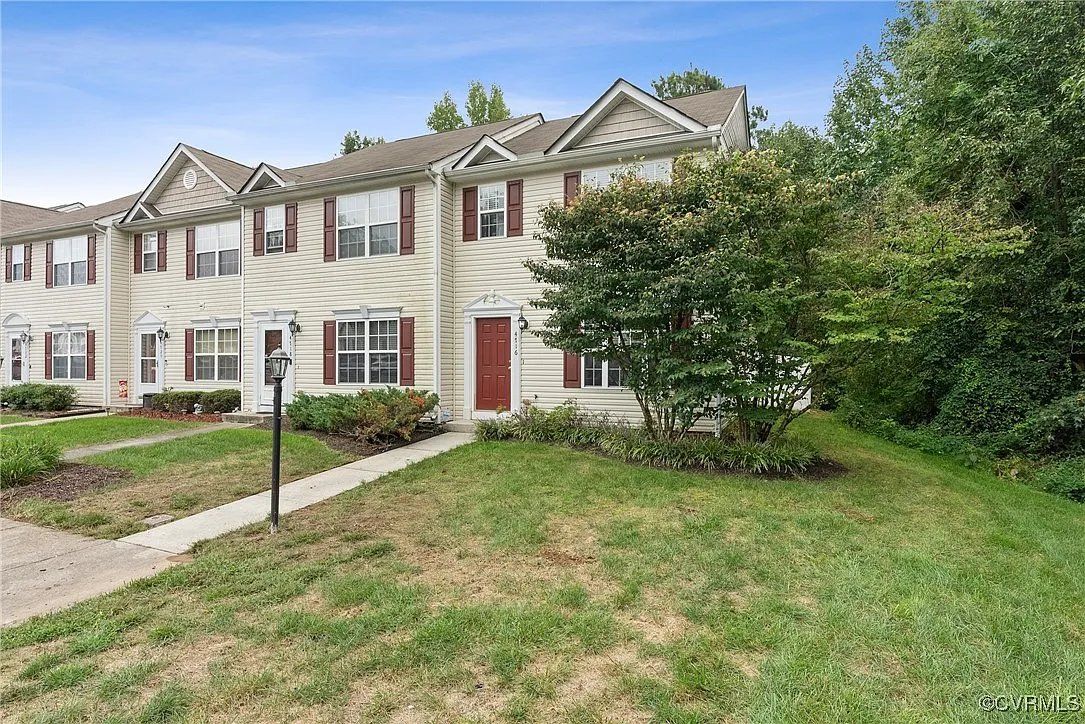How to Sell a House in Need of Major Repairs
How to Sell a House in Need of Major Repairs
Selling a house in need of major repairs can be daunting, but it doesn't have to be. Whether your property has suffered from years of neglect, structural issues, or natural disasters, selling it is still possible. This guide will walk you through the steps to sell your home in need of significant repairs, whether you're looking to sell quickly, get the best possible price, or avoid the hassle of making repairs yourself.
1. Assess the Condition of Your Home
The first step in selling a house in need of major repairs is to understand the extent of the damage. Conduct a thorough inspection of your property, or hire a professional to do it for you. Identify the major issues, such as:
- Structural damage: Foundation cracks, sagging roofs, or deteriorating walls.
- Plumbing and electrical problems: Leaky pipes, faulty wiring, or outdated systems.
- Cosmetic issues: Peeling paint, broken windows, or worn-out flooring.
- Environmental hazards: Mold, asbestos, or lead paint.
Having a clear understanding of the repairs needed will help you decide on the best course of action and allow you to price your home accurately.
2. Decide Whether to Make Repairs or Sell As-Is
Once you know the extent of the damage, you must decide whether to make the repairs yourself or sell the house as-is. Consider the following factors:
- Cost of Repairs: If the cost of repairs is high and you don't have the funds to cover them, selling as-is may be the best option.
- Time Constraints: If you need to sell quickly, you might not have time to complete the necessary repairs.
- Market Conditions: In a hot market, you might be able to sell your home quickly without making repairs. In a slower market, making some repairs could make your property more appealing.
If you decide to make repairs, focus on the most critical issues that will impact the sale, such as fixing leaks, repairing structural damage, and addressing any safety hazards. Cosmetic repairs can be optional, depending on your budget.
3. Set a Realistic Price
Pricing a house in need of major repairs can be tricky. You'll need to balance the property's current condition with the market value of similar homes in better shape. Here are some tips for setting a realistic price:
- Research Comparable Sales: Look at recently sold homes in your area that are similar in size, location, and condition. This will give you a baseline for pricing.
- Adjust for Repairs: Consider the cost of the repairs needed and adjust your asking price accordingly. Buyers will likely expect a discount if they have to invest in significant repairs.
- Get a Professional Appraisal: If you're unsure about pricing, consider hiring a professional appraiser to give you an accurate assessment of your home's value.
Be prepared for potential buyers to negotiate on price, especially if they plan to make the repairs themselves.
4. Market Your Home to the Right Audience
When selling a house in need of major repairs, it's essential to target the right audience. Your buyer pool may be smaller than for a move-in-ready home, but there are still plenty of potential buyers who may be interested, such as:
- Real Estate Investors: Investors often look for properties in need of repairs that they can buy at a discount, fix up, and renting the property.
- Flippers: House flippers specialize in buying distressed properties, renovating them, and selling them quickly for a profit.
- First-Time Buyers: Some first-time buyers may be willing to take on a project if it means getting into a home at a lower price.
To reach these buyers, highlight the potential of your property rather than focusing solely on its flaws. Emphasize features such as the location, lot size, or unique characteristics that make it a worthwhile investment.
5. Be Transparent About the Condition
Transparency is crucial when selling a house in need of major repairs. Buyers will appreciate your honesty and be more likely to trust you if you're upfront about the property's condition. Here's how to be transparent:
- Provide a Disclosure Statement: Most states require sellers to provide a disclosure statement outlining any known issues with the property. Be sure to include all major repairs needed.
- Share Inspection Reports: If you've had a professional inspection done, share the report with potential buyers. This will give them a clear understanding of the property's condition.
- Highlight Any Positive Aspects: If you've made any recent repairs or upgrades, be sure to mention them. For example, if you've replaced the roof or installed a new HVAC system, let buyers know.
Being transparent about the condition of your home can prevent surprises during the negotiation process and help you avoid potential legal issues down the line.
6. Consider Selling to a Cash Buyer
If you're looking to sell your house quickly and without the hassle of making repairs, consider selling to a cash buyer. Cash buyers, such as real estate investors, are often willing to purchase homes in as-is condition, saving you time and money. Here are some benefits of selling to a cash buyer:
- Quick Sale: Cash buyers can often close in a matter of days, allowing you to move on quickly.
- No Repairs Needed: Cash buyers typically purchase properties as-is, so you won't need to spend time or money on repairs.
- No Financing Contingencies: Since cash buyers don't need to secure a mortgage, there's less risk of the sale falling through due to financing issues.
To find a reputable cash buyer, consider working with a local real estate investor or a company like ours specializing in buying houses as-is in Richmond, VA. Be sure to get multiple offers to ensure you're getting a fair price.
7. Negotiate Wisely
Negotiation is a critical part of selling a house in need of major repairs. Buyers will likely use the property's condition as leverage to negotiate a lower price, so be prepared. Here are some tips for negotiating:
- Start with a Fair Price: If you've priced your home realistically, you should be in a good position to negotiate. Don't be afraid to stand firm on your asking price if it's reasonable.
- Consider All Offers: While you might be tempted to take the highest offer, consider other factors, such as the buyer's financing and their willingness to close quickly.
- Be Open to Concessions: If a buyer requests repairs or a price reduction, consider whether it's worth making concessions to close the deal. Sometimes, a small concession can help you sell your home faster.
Remember that the goal is to sell your home at a fair price while minimizing the stress and time involved in the process.
8. Prepare for Closing
Once you've accepted an offer, it's time to prepare for closing. Here's what to expect:
- Title Search: The buyer's lender will typically conduct a title search to ensure there are no outstanding liens or issues with the property's title.
- Final Walk-Through: The buyer may request a final walk-through to ensure the property's condition hasn't changed since the offer was accepted.
- Closing Costs: Be prepared to cover some of the closing costs, such as title insurance, transfer taxes, and attorney fees. These costs can vary, so be sure to factor them into your budget.
If you're selling to a cash buyer, the closing process may be faster and simpler, as there are no financing contingencies to navigate.

Selling a house in need of major repairs can be challenging, but with the right approach, it's entirely possible to achieve a successful sale. By assessing your property's condition, setting a realistic price, targeting the right buyers, and being transparent about the home's issues, you can attract offers and close the deal with minimal stress.
Whether you choose to make repairs or sell as-is, remember that there are buyers out there, like us at We Buy Houses RVA, who see the potential in your property. With patience, honesty, and a clear strategy, you can turn a challenging situation into a positive outcome.
You might also like
Blog





